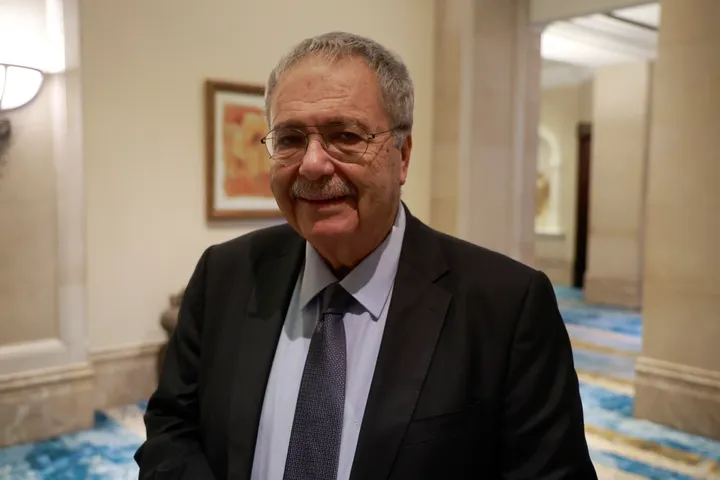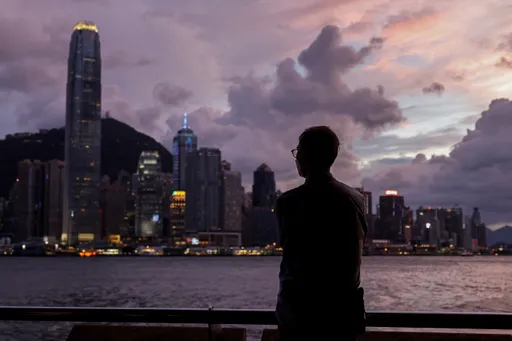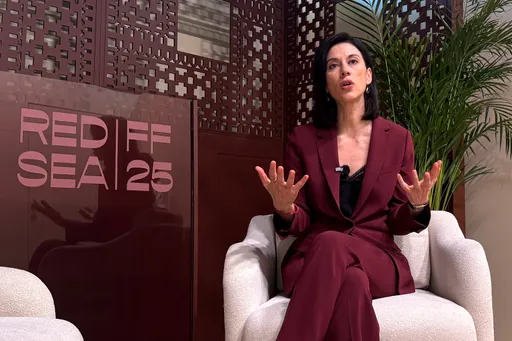It has been four years since the sarin attack in Syria's Ghouta – a district on the outskirts of the capital Damascus – killed an estimated 1,400 people. In those four years, no group, regime or entity has officially been held accountable for the attack.
On August 21, 2013, the colourless and odourless nerve agent caused hundreds of people to suffocate within minutes of inhaling it.
Bodies were soon laid out on the floors of clinics and mosques. When those ran out of space, remains were placed on the streets.
Ban Ki-moon, who was then the UN Secretary-General, said the attack constituted a war crime.
The sarin use was immediately blamed on the Syrian regime led by Bashar al Assad. Assad has repeatedly denied using chemical weapons and blames rebels and opposition fighters.
That night, Ahmed Hazrouma lost 36 members of his family, including his two daughters.
“I saw in the video somebody holding a young girl and crying, ‘This is the martyr of the chemical attack.' I looked and figured out that this is my daughter Jana," Hazrouma said. "For a while, I didn't want to believe it. [I thought] maybe somebody looks like her."
But morning brought terrible news; nobody but Hazrouma escaped the nerve attack in his entire family.
TRT World'sAhmed Al-Burai has more.
In the wake of the Ghouta atrocity, the United States and Russia brokered a deal under which Assad's government agreed to eradicate its chemical weapons programme.
As part of the deal, Syria joined the Organisation for the Prohibition of Chemical Weapons (OPCW), based in the Hague, Netherlands, promising to open its borders to inspectors and disclose its entire programme – after previously denying it had any chemical weapons.
Inspecting Syria’s sarin and other chemical weapons
In May 2014, a joint United Nations-OPCW convoy was hit by explosives and AK-47 fire while attempting to get to the site of another chemical attack in the northern town of Kafr Zita. That mission was aborted.
In the spring of 2015, a Syrian major general escorted a small team of chemical weapons inspectors to a warehouse outside the Syrian capital Damascus. The international experts wanted to examine the site but were kept waiting outside in their car for around an hour, according to several people briefed on the visit.
When they were finally let into the building, it was empty. They found no trace of banned chemicals.
“Look, there is nothing to see,” said the general, known to the inspectors as Sharif, opening the door.
So why were the inspectors kept waiting?
The Syrians said they were getting the necessary approval to let them in, but the inspectors had a different theory. They believed the Syrians were stalling while the place was cleaned out.
It made no sense to the team that special approval was needed for them to enter an empty building.
The incident, which was not made public, is just one example of how Syrian authorities have hindered the work of inspectors and how the international community has failed to hold Syria to account, according to half a dozen Reuters' interviews with officials, diplomats, and investigators involved in eliminating Syria’s weapons of mass destruction.
They suspect that Assad’s regime, while appearing to cooperate with international inspectors, secretly maintained or developed a new chemical weapons capability.
A powerless international community
There have been dozens of chlorine attacks and at least one major sarin attack since 2013, causing more than 200 deaths and hundreds of injuries.
International inspectors say there have been more than 100 reported incidents of chemical weapons being used in the past two years alone.
“The cooperation was reluctant in many aspects and that’s a polite way of describing it,” Angela Kane, who was the United Nation’s high representative for disarmament until June 2015, told Reuters.
“What has really been shown is that there is no counter-measure, that basically the international community is just powerless,” she added.
That frustration was echoed by UN war crimes investigator Carla del Ponte, who announced on August 6 she was quitting a UN Commission of Inquiry on Syria.
"I have no power as long as the Security Council does nothing,” she said. “We are powerless, there is no justice for Syria."
























